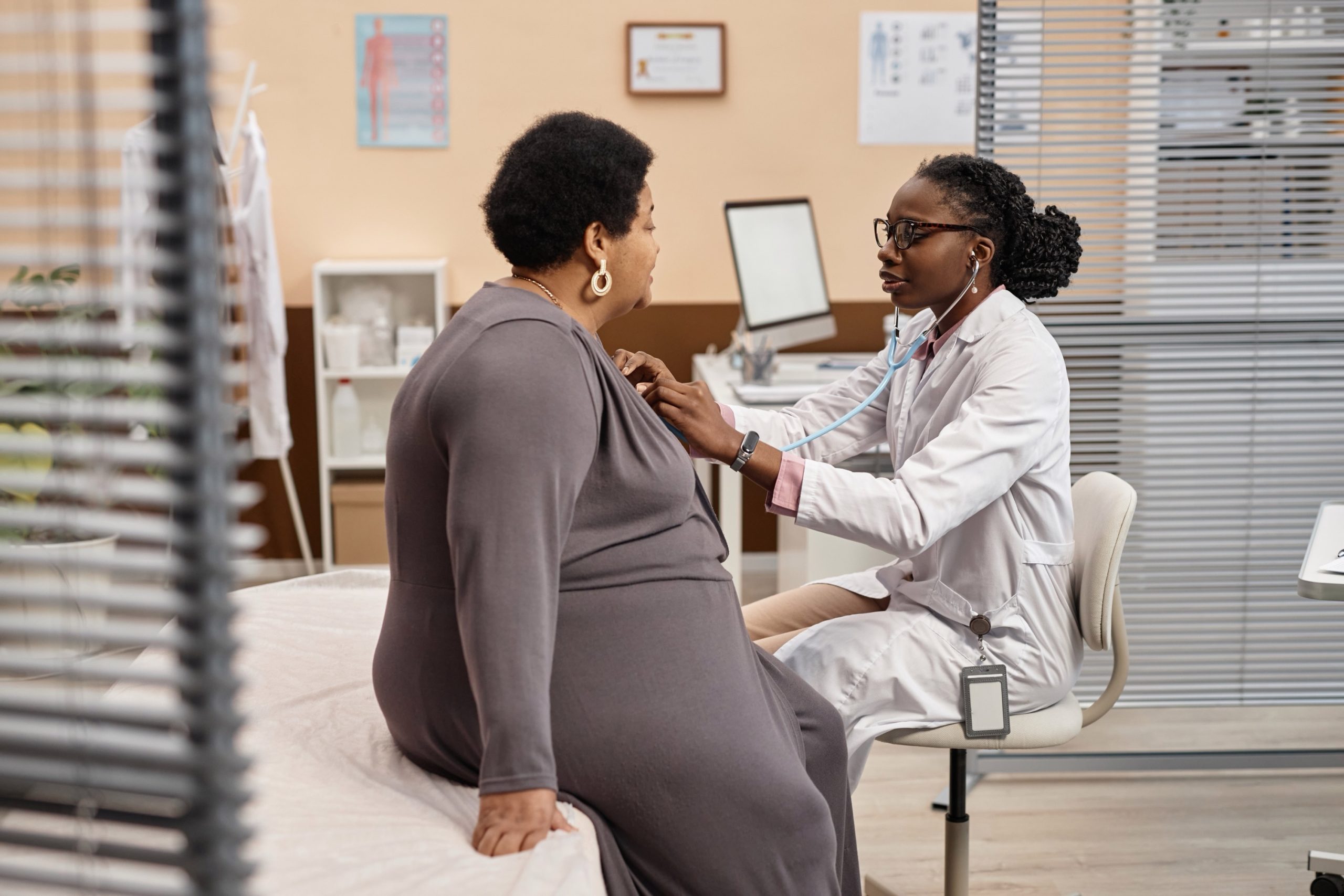80% of people say they’ve used telemedicine services at some point in their life, and in 2022, telemedicine became the most popular way to get prescription refills and treat minor illnesses. Although many treatments can be conducted via telemedicine, certain conditions require an in-person visit and cannot be properly analyzed and treated online. Here are some of them.
Emergencies or severe pain
If you experience sudden or severe pain, or if your life or any part of your body is at risk, you should call 911 or seek in-person help right away.
For example, severe abdominal pain can be a sign of an aortic aneurysm (a weak blood vessel that could rupture) or appendicitis (a swollen appendix), both of which require immediate medical care. If you are having chest pains, you might be having a heart attack, pulmonary embolism (a blood clot in the lung), or a pneumothorax (a collapsed lung).
When you experience severe pain, the doctor needs to rule out medical emergencies when diagnosing your condition. This can only be done in an in-person setting because you may need an imaging test, such as an X-ray or an ultrasound. In cases of chest pain, your doctor will want to perform an electrocardiogram (ECG or EKG) to figure out the cause of the chest pain.
Trauma can create hidden wounds
When you experience any physical trauma, such as a fall or an accident, you should see a doctor in person because you may have injuries that aren’t obvious to the naked eye. A doctor will carefully examine you—and use imaging technology if necessary—to see if you have any internal injuries that need treatment.
Is this an emergency?
When in doubt about how serious your symptoms are, it is always best to see a doctor in-person or go to your nearest emergency room.
The American College of Emergency Physicians considers the following conditions emergencies for adults (children’s emergencies can be different). If you are experiencing any of these, you should call 911 or be taken to the nearest emergency department:
- Difficulty breathing or speaking
- Chest or upper abdominal pain or pressure lasting 2 minutes or more
- Fainting, sudden dizziness, or weakness
- A change in your vision
- A change in your mental status
- Choking
- Head or spine injury
- Injury from a car accident or a fall
- Burns or smoke inhalation
- Near drowning
- Deep or large wound or other serious injury
- Eating or drinking something poisonous
- Feeling confused or having trouble waking up
- Sudden, severe, or unusual pain
- Bleeding that won’t stop
- Severe vomiting or diarrhea
- Coughing up blood or vomiting blood
- Thoughts of harming or killing yourself or someone else
Note: This list is not exhaustive. If you are experiencing a life-threatening emergency, call 911 immediately.
Mental health emergencies
People may sometimes experience thoughts of harming themselves or harming another person. If you are experiencing such thoughts, seek help immediately, either in person or by calling or texting 988.
Prescriptions for controlled substances (other than buprenorphine)
There are telehealth platforms that prescribe controlled substances to patients. At QuickMD, our providers do not prescribe any controlled substances, other than buprenorphine (Suboxone).
In-person treatments and specialized care
For obvious reasons, telemedicine cannot offer in-person interventions or drug injections. For example, if you are experiencing low oxygen levels or have a respiratory infection, you might need to use a nebulizer, which requires wearing a mask and inhaling the treatment.
An in-person visit is also required if you need intravenous (IV) medication or fluids, or if you need an intramuscular injection, such as an antibiotic or vaccine.
Patients who require specialized care, such as cancer treatment, generally need to visit an in-person team of specialists.
Telemedicine benefits and limitations
Telemedicine gives you the option of receiving high-quality medical care, all in the comfort of your own home. It increases access to care, lowers costs, decreases waiting times, and eliminates the need to travel to an appointment and be exposed to more germs and viruses.
However, everyone should be aware that telemedicine has its limitations. Certain conditions cannot be treated via an online visit, and for those instances, an in-person setting like a hospital or emergency room is required for an evaluation, close medical observation, and/or treatment.
How to see a doctor through telemedicine
QuickMD can treat most common urgent care concerns via video and can send prescriptions or refills to your local pharmacy. Get in touch with a QuickMD provider today or make an appointment for a time that’s convenient for you.















